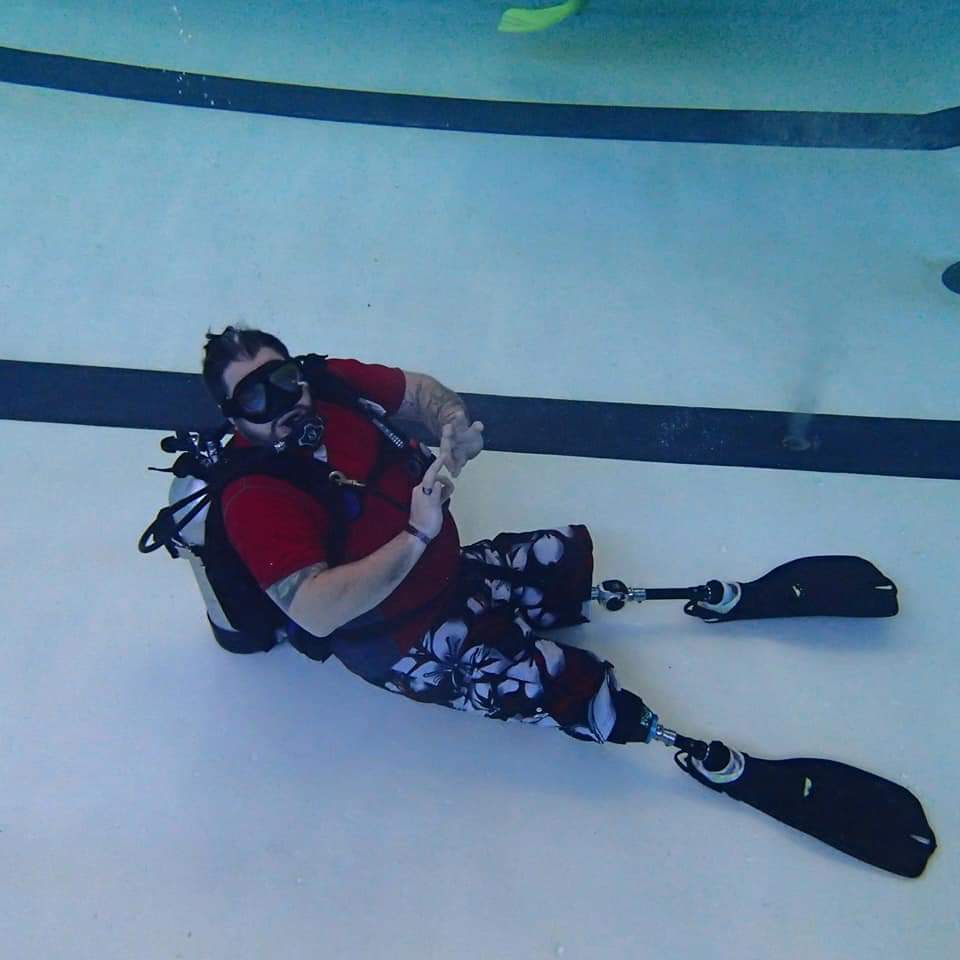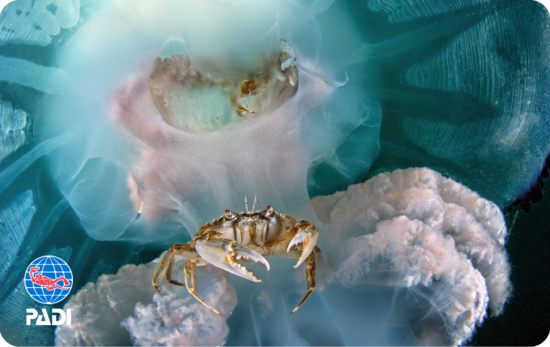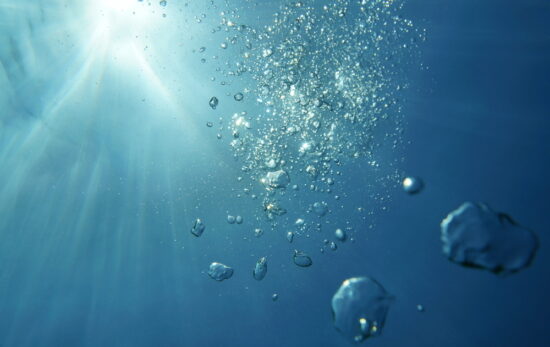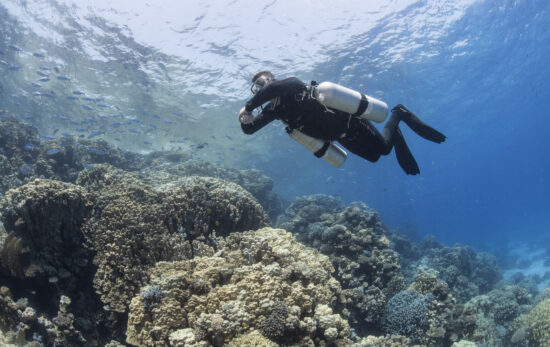When I first saw Sport Diver magazine at my local dive shop, I thought, “Sport Diver? What’s sporty about diving?” A sport is an activity that gets your heart rate up and makes you sweat, right?
At the time, I was a newly-certified PADI® Diver. I did my Open Water Diver certification in Tulum, Mexico and I thought scuba diving was quite easy. But I was ignoring two important things:
#1 Scuba diving is more accessible today than when the term “sport diver” was coined. Back then, some scuba instructors made their students do push-ups while wearing a tank strapped to their back. Don’t ask me why.
#2 I took the easy route. While I’m standing in the dive shop thinking, “Pffff! Scuba diving isn’t challenging enough to be a sport.” I’m ignoring the fact that I got certified in Mexico because I thought learning to scuba dive locally would be too difficult.
Where I live, up in the Pacific Northwest, water temps range from 4.6°C/40.3°F to 19.9°C /67.8°F, which means you have to wear a thick wetsuit (or dry suit), a hood, gloves and more than double the amount of weight I wore in Mexico. Getting certified is totally doable up here and there’s a lot to see, but I’m a total wuss about the cold.
Is Scuba Diving a Sport?
You know what scuba diving is? A paradox.
- It’s relaxing and exhilarating – Being underwater has a meditative quality…until one of your favorite marine creatures swims by or scuttles out of its hole. Then it becomes very exciting.
- It’s easy and challenging – I’ve been on many shore dives where getting in and out of the surf was a hassle, but the dive itself was glorious.
- It’s about breath not depth – Non-divers mistakenly believe diving deep is a measure of skill. With all due respect to technical divers, the easiest way to identify a skilled diver vs. a novice is how well they manage their buoyancy through breath control.
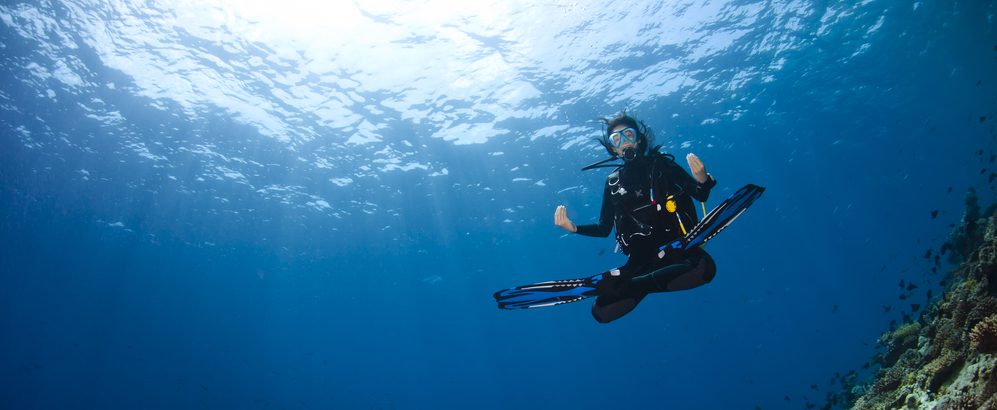
What Makes Something a Sport vs. a Hobby?
Competition between participants? Many popular sports (basketball, football, hockey, etc.) involve competition. But there are plenty of sports, such as running, cycling and swimming, where participants work out alone.
Does huffing and puffing make something a sport? If so, yard work should be in the Olympics! Pulling weeds and hauling wheelbarrows is more physically challenging than archery, bowling, curling, cornhole and other activities shown on sports channels.
Scuba diving, especially shore diving in cold water, can burn serious calories.
- Shore diving burns 600 calories per hour
- Scuba diving off a boat burns up to 300 calories per hour
But unlike other sports, scuba diving is very accessible. You don’t have to be an exceptional swimmer or fit the traditional definition of “able-bodied” to participate.
What about physical skill? I think this might be the defining characteristic that makes something a sport. Whether you swim, shoot, spar or salsa dance, every sport I can think of centers around a physical skill that can be measured and improved.
Scuba Diving: Sport vs. Hobby?
Final answer: scuba diving can be a sport or a hobby depending on the diver’s intent. When I was working toward my Master Scuba Diver™ rating, I focused on improving my skills and diving truly felt like a sport. I also became physically stronger not by hitting the gym, but by spending time in the ocean.
These days, scuba diving feels more like a hobby to me. I’m happy to spend five minutes nearly motionless looking for interesting critters to pop out of the reef. My style of diving is more like bird-watching underwater (fish watching?) than anything else.
Scuba Diving Can Also Be a Career
If you love scuba diving and care deeply about the ocean, consider a career in scuba diving. As a PADI Instructor or Divemaster, the underwater world can be your office. You can travel, meet interesting people and make a positive difference in the health of our ocean planet. Learn more about becoming a PADI Professional.

